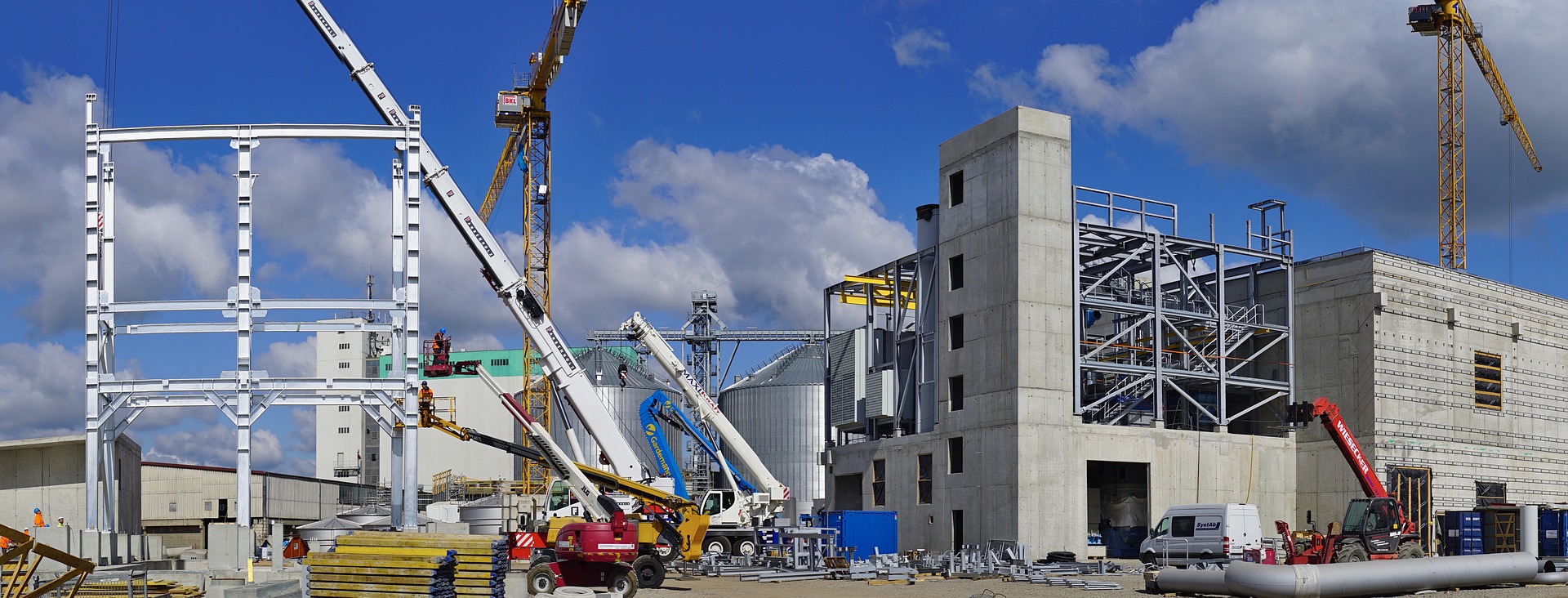Each project will inevitably incur a time and/or cost impact. Documentation of these delays is crucial, but understanding what delay you are asking for is vital to profitability. Here is a brief overview of the different types of project delays, the documentation you need to preserve, and how to file a claim.
Types of Project Delays
- Excusable Delays: These delays are caused by an unforeseen condition or events unknown at bidding time. Examples include COVID-19, supply chain delays, inaccurate bidding documents, weather, omissions from the owner, delays in review times by the owner, and external projects affecting your project.
- Inexcusable Delays: These delays are the contractor’s responsibility or the result of the contractor’s inability to perform. Examples include delays in making decisions, labor shortages, failure to obtain permits or approvals on time, and poor planning or management.
- Concurrent Delays: These delays are a combination of excusable and inexcusable delays that occur simultaneously. Depending on the types of delays, these delays can be excusable and compensable, excusable and non-compensable, or inexcusable and non-compensable.
Documentation of Project Delays
It is important to document all project delays, regardless of the type. This documentation should include:
- Emails
- Overtime tickets
- Meeting minutes
- Notes
- Voicemails
This documentation will help you to prove the existence of the delay and to demonstrate its impact on your project.
Filing a Claim for Project Delays
If you believe that you have incurred a delay on a project, you may be able to file a claim with the owner. To file a claim, you will need to submit a time impact analysis (TIA). A TIA is a document that demonstrates the impact of the delay on your project schedule and cost.
If your claim is successful, you may be able to recover compensation for the time and cost overruns caused by the delay.
Engage a Scheduling and Planning Professional
If you are dealing with project delays, it is important to engage a scheduling and planning professional early and often. A scheduling and planning professional can help you to craft a TIA, ensure your updates are accurate, and position your company in the best way possible to go after time and compensation.
Conclusion
Project delays are a common occurrence, but they can be costly and disruptive. By understanding the different types of project delays, the documentation you need to preserve, and how to file a claim, you can protect your company and your profits.


